At the Economic Ministers’ Meeting held on November 4, the Ministry of Trade, Industry and Energy announced its “Steel Industry Development Measures” plan. The plan aims to improve the structure of the domestic steel industry, which has been shrinking due to global oversupply and carbon reduction pressures, and to facilitate a transition toward high value-added and low-carbon production.
Accordingly, the government will first initiate a downsizing process at rebar and structural steel facilities, which are experiencing oversupply. In the rebar segment, where the dependence on imported inputs is relatively low, companies’ restructuring efforts will be supported through voluntary facility reductions under the Tax Incentive Act. If necessary, discussions will be held with the National Assembly on the potential enactment of a “Special Steel Act.” In the structural steel and steel pipe sectors, market-driven adjustments will be encouraged, while in the hot-rolled, cold-rolled, and galvanized steel segments, phased reductions will be considered after resolving issues related to imported inputs.
To shift the production structure away from general steel products, the government will focus on three key areas: special carbon steel, artificial intelligence (AI), and hydrogen-reduced steel production.
By 2030, the government will invest KRW200 billion in R&D to develop ten high value added products, including high manganese steel for LNG carriers, lightweight automotive sheets, and special steels for the defense and aerospace industries. Through this investment, the market share of high value-added new materials is expected to increase from 12% to 20%.
Furthermore, within the “AI Factory Alliance,” which includes POSCO, KG Steel, and Daehan Steel, AI models specific to the steel industry will be developed, and an AI demonstration system covering all stages of the steel production process will be established by 2026.
Under the low-carbon transition, the government will launch the “Korean-style hydrogen-based steel production demonstration project” with a total budget of KRW8.1 trillion. This project aims to commercialize production technologies that significantly reduce carbon emissions.
Measures to address global trade conditions will also be strengthened. Bilateral discussions will be held regarding the United States’ 50% steel tariff and the European Union’s proposal to shift to a quota-based safeguard system. In addition, under the “Post-U.S. Tariff Support Measures” announced in September, a KRW400 billion “Steel Export Supply Chain Reinforcement Guarantee” and a KRW150 billion “Support Program for Steel, Aluminum, and Copper Derivatives” will be implemented.
Measures will also be strengthened to prevent unfair steel imports. Starting next year, Material Test Certificates (MTC) will be required for imported steel products, and actions will be reinforced against attempts to circumvent anti-dumping duties through third countries or free trade zones.
An official from the Ministry of Trade, Industry and Energy stated, “We will use this plan as a new turning point for the steel industry to respond proactively to structural crises and enhance its future competitiveness.”


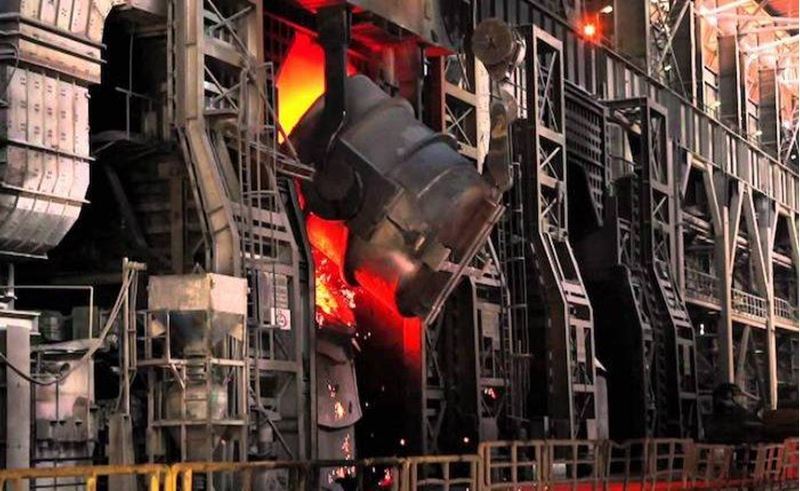

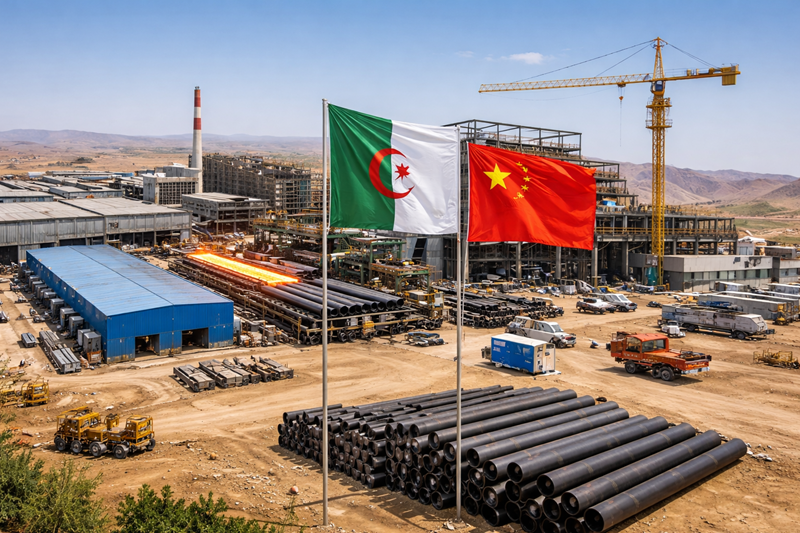
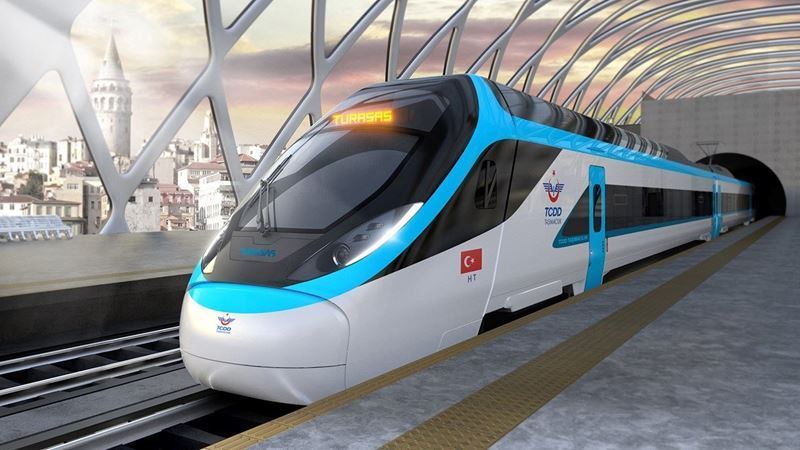
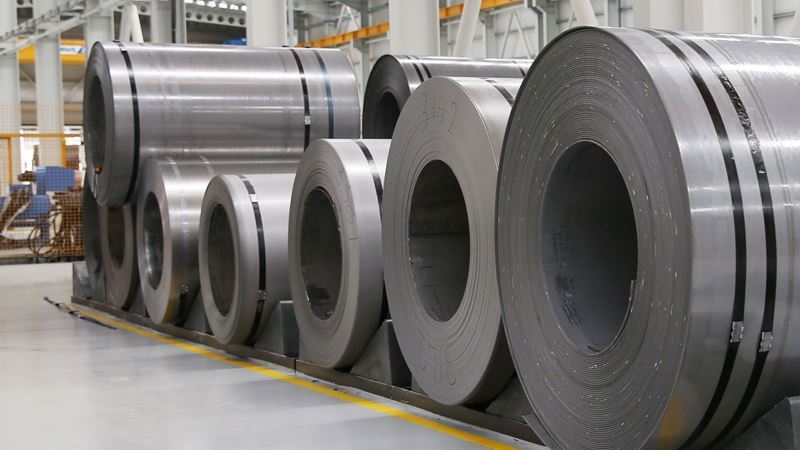
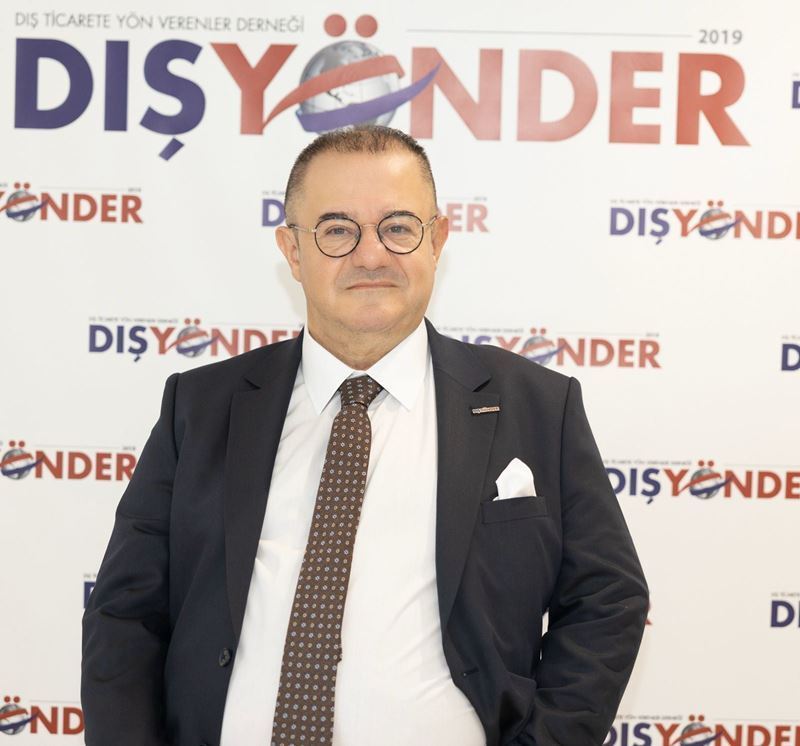
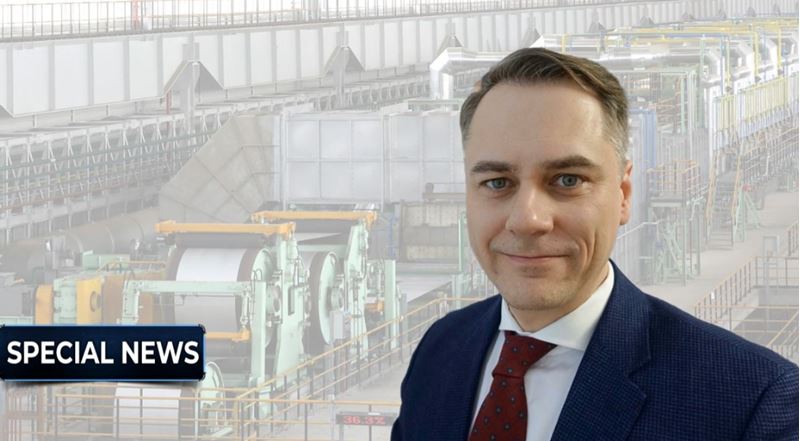


Comments
No comment yet.